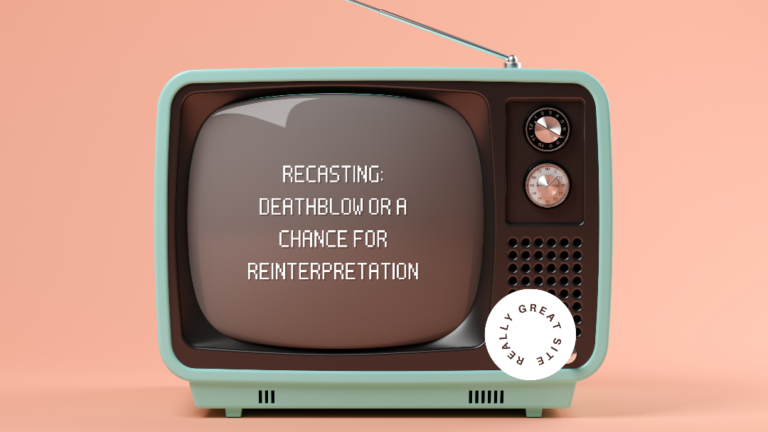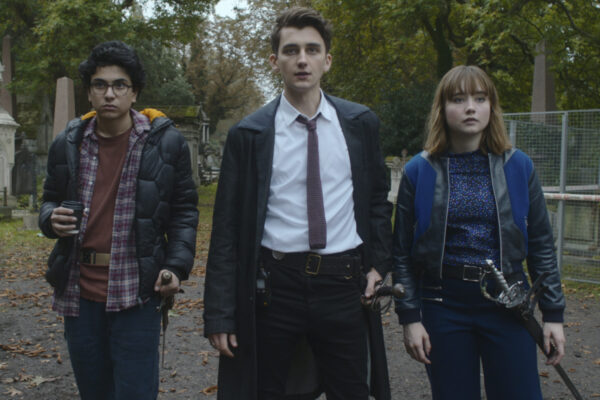An outcry went through the fandom, when it was announced Liam Hemsworth would replace Henry Cavill in “The Witcher”. Although this is in no way a judgment on Hemsworth’s abilities, it has put the future of “The Witcher” beyond season 4 into question. There are shows where a recasting is barely noticed, and franchises like James Bond, where a recasting is accepted and even celebrated. Then there are cases where a recasting could kill a whole franchise. Why are these different reactions?
Differences between recasting a support and lead role
A major point to successfully recast a character is its standing within the shows. A supporting character within an ensemble show will always be easier to recast than the lead character of the show.
The recast of the main character, even name giving character or the show, is the trickiest thing. The only show that came to mind, where this worked properly, was Spartacus, when Andy Whitfield had to step away from the show due to cancer.
This is one of the reasons why recasting Geralt in “The Witcher” is such a risky move. The character is iconic and due to his personal commitment intrinsically linked to Henry Cavill.
If the character in question is a supporting character, most people won’t even notice it. Game of Thrones switched out half a dozen supporting actors without the audience blinking an eye.
Ways to handle the departure
Basically, there are three options to handle an actor departing a show:
First, recast the role and don’t address it in the show. The second option is to recast the role and address it in the show. Finally, to write the character out and change the dynamics of the show.
Actors have decided to move on from a show for various reasons, but sometimes recasting might not be possible. This was the case when David Duchovny announced he was leaving his role as legendary FBI agent Fox Mulder in the X-files. Just like with “The Witcher” his character carried the show, and Duchovny’s performance was excellent. It was simply impossible to see a different actor in the role. The writers decided to write Mulder out of the room, and instead of creating a similar character or clone, they changed the dynamics of the show. It worked perfectly, with the added benefit that it left the door open for a return of the character.
Perhaps the most genius way of handling the departure of the lead actor took place when William Hartnell left Doctor Who. The writers used the science fiction premise of the show and created a whole mythology around the change of actor. In fact, this enabled the show to stay relevant for almost 60 years. In soap operas, they have used the classic “cosmetic surgery after a terrible accident trope” for years. While it isn’t particularly original, it works to explain the change. It also helps the audience settle into the change.
Not addressing the change of actor mainly works, when the recast character is a supporting role. As mentioned before, this was done in Game of Thrones with several characters.
Every case will be different
Just like all characters are different, all cases are different. There is no formula for how to handle an actor’s departure that works for all franchises. Sometimes recasting works, and sometimes the best choice is to write the character out of the show. Each case must be assessed separately, taking into account all aspects, including the fans.
Follow us on Social Media





